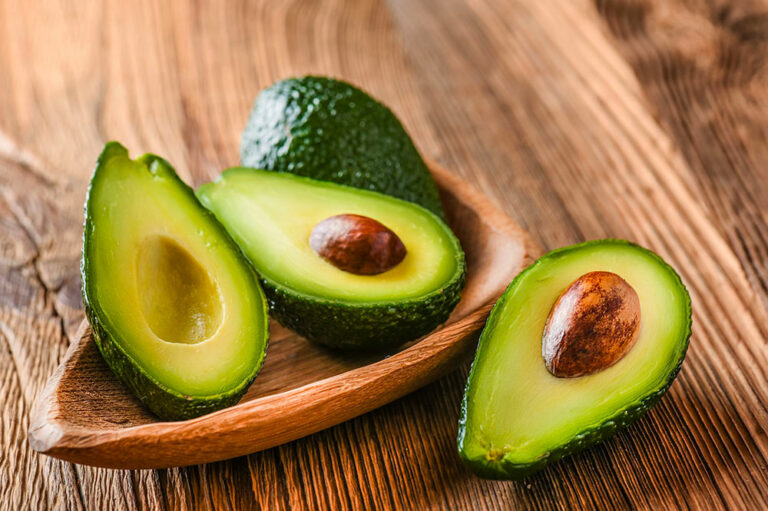
5 best foods for relieving migraine headaches
Migraines is one of the most prevalent illness in the world. It is triggered by several factors like weather, noise, smell, bright lights, and stress. People who suffer from this condition often rely on medications for relief. Although there are various of medicines available for numbing the pain, several of them come with unwanted side effects. Here’s some info on foods that will help in getting relief from migraine attacks. Bananas An easy way to prevent migraines or an episode of hypoglycemia is having high-carb foods like bananas, granola bars, or candy. According to experts, bananas are a great fruit for quick recovery as they are rich sources of magnesium that helps relieve headaches. Bananas are also good for hydration as they contain about 74 percent water. Watermelon Having a juicy slice of watermelon provides instant hydration as it contains 92 percent water. According to the American Migraine Foundation, one in three people state that dehydration is a migraine trigger for them. Adding a few cubes of watermelon in your salads will help in relieving a migraine headache. Seeds and nuts One of the most common causes of cluster or persistent headaches is low magnesium levels in the body. The severity of migraines can be reduced by including magnesium-rich food in your daily meals.
Read More 











